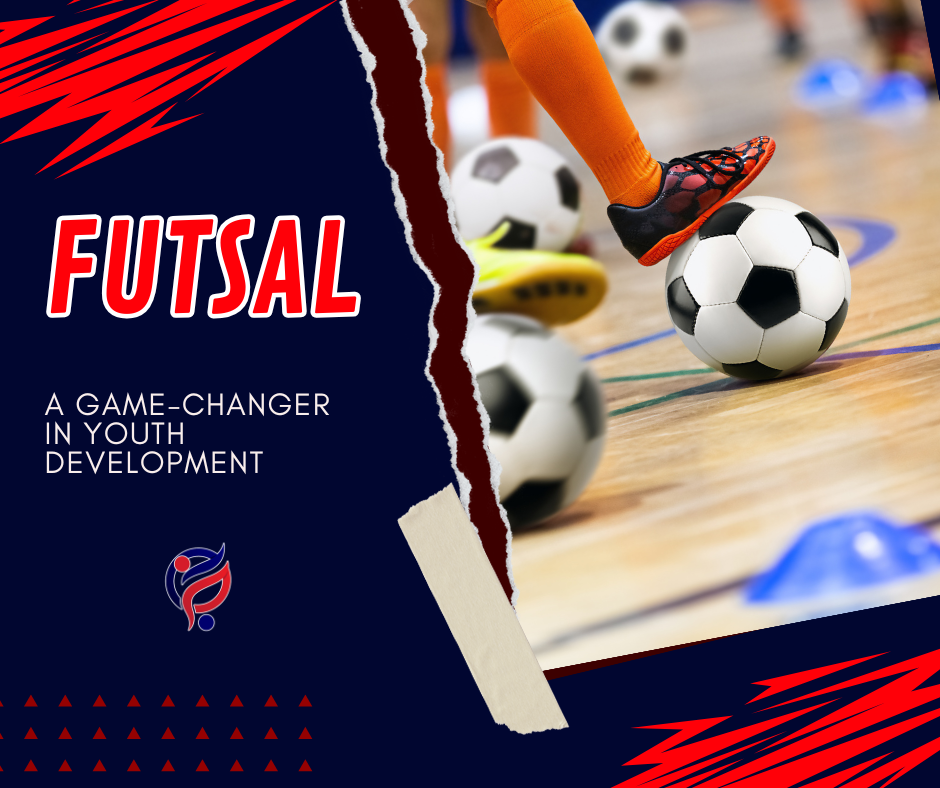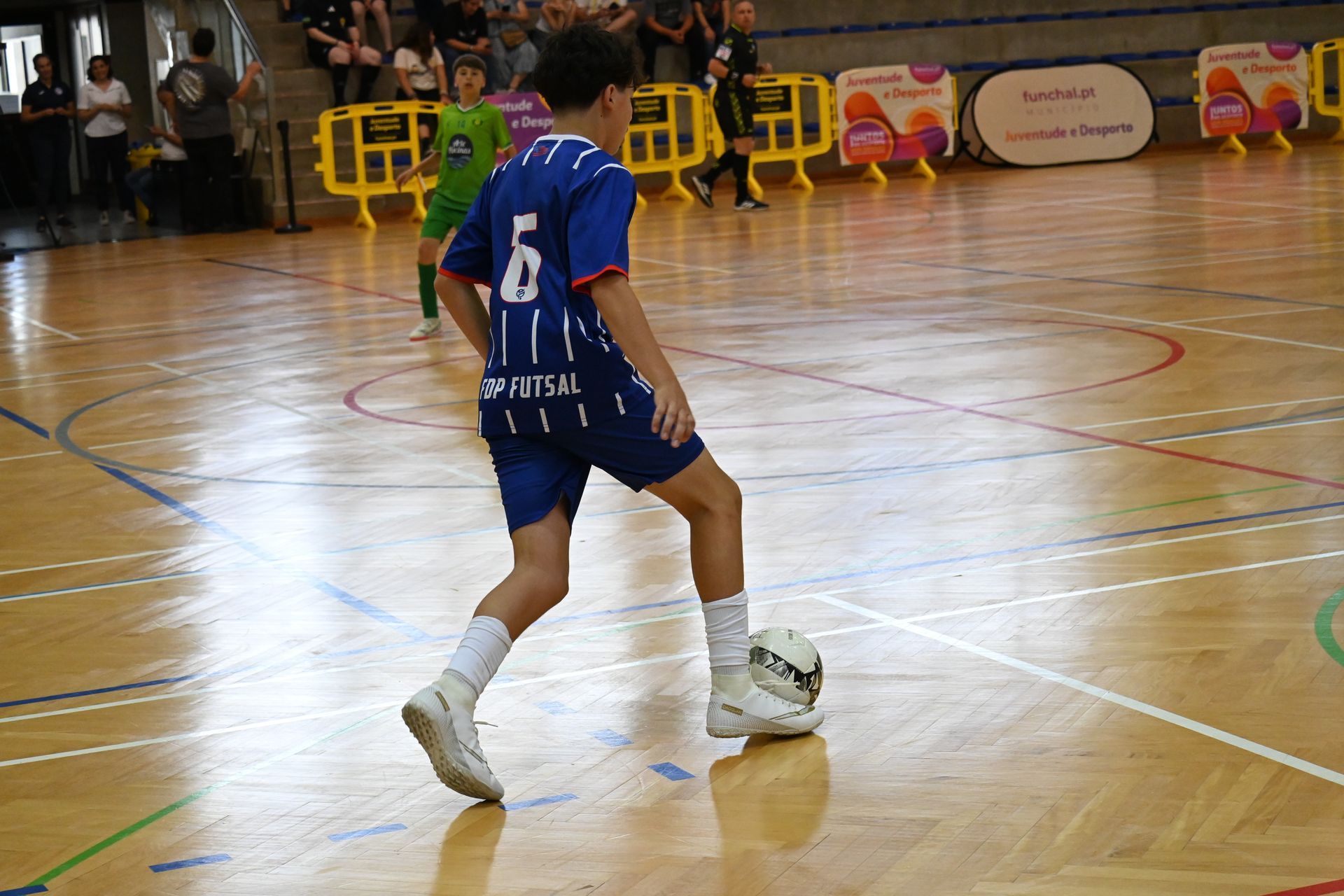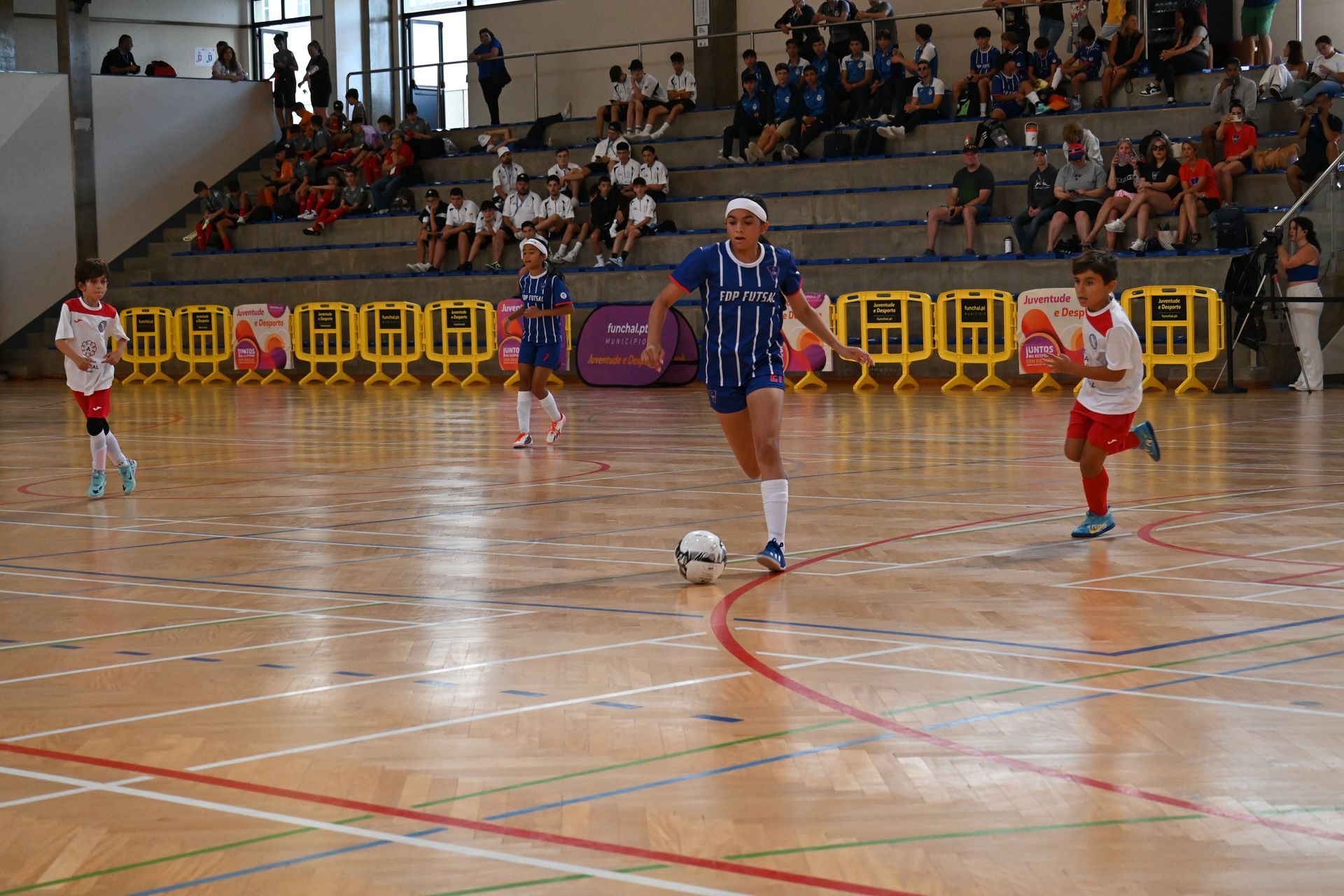Beyond the Basics: The Multifaceted Role of Coaching in Sports
Beyond the Basics: The Multifaceted Role of Coaching in Sports

In sports, coaching transcends the traditional boundaries of mere skill instruction and tactical education. At the highest levels of competition, such as in professional football or basketball, the role of a coach becomes multifaceted, emphasizing not only the teaching of game principles but also the cultivation of high standards, rigorous organization, and personal development. This article explores how coaching extends beyond basic teaching, highlighting its broader implications in shaping athletes both on and off the field.
1. Setting and Upholding High Standards
High standards are the bedrock of success in sports. Coaches are tasked not just with setting these standards but ensuring they are consistently met. This includes punctuality, work ethic, physical conditioning, and mental preparation. For instance, a coach might enforce strict disciplinary measures for tardiness or inadequate effort, thereby instilling a culture of professionalism and commitment.
2. Organizational Structure
Effective coaching involves organizing a team in a way that maximizes its strengths and minimizes weaknesses, both in possession of the ball and out. This goes beyond game tactics to include managing training schedules, recovery periods, and team meetings, ensuring that every logistical aspect is aligned with the team’s goals.
3. Emotional Intelligence
Coaches must understand the emotional states of their players and manage them appropriately to maintain morale and motivation. This might involve recognizing signs of stress or fatigue in players and providing support or adjusting their workload accordingly.
4. Leadership Development
Beyond physical and tactical training, coaches encourage leadership qualities among players. This can involve appointing team captains or leaders and mentoring them to take proactive roles, thus preparing players for responsibilities both on and off the field.
5. Life Skills
Coaching also encompasses teaching life skills that extend beyond the playing field, such as financial literacy, public speaking, and personal health management. These skills help athletes manage their careers and personal lives effectively, contributing to their overall well-being.
6. Community Engagement
Athletes are often viewed as role models, and coaches encourage them to engage with their communities. This might involve organizing or participating in charity events, youth clinics, or public speaking engagements, fostering a sense of responsibility and connection with the community.
7. Mental Toughness
A crucial aspect of coaching is developing mental toughness, helping athletes to handle pressure, overcome setbacks, and maintain focus during critical moments. Techniques might include psychological training, mindfulness, and scenario-based practice sessions.
8. Strategic Thinking
Coaches teach players to think strategically about the game, which involves understanding complex game theories and making quick decisions. This skill is crucial not only in sports but also in personal and professional life where strategic planning and decision-making are key.
9. Technical Innovation
Coaches often introduce new technologies and methodologies in training, such as video analysis, performance tracking systems, and advanced fitness programs, to enhance player performance and tactical understanding.
10. Career Guidance
Finally, coaches play a significant role in the career development of athletes. This might involve advising on transfers, contract negotiations, or even post-retirement opportunities, ensuring players have support throughout their sports careers and beyond.
The Importance of High Personal Standards
High personal standards are essential for athletes aiming to reach and maintain elite levels. Coaches not only set these standards but also serve as role models, demonstrating the value of integrity, resilience, and dedication. Players who adopt these standards often see benefits such as improved performance, increased respect from peers and fans, and better career opportunities.
Examples of Maintaining High Standards
- Regular performance reviews and feedback sessions help athletes understand their progress and areas for improvement.
- Enforcing a code of conduct that includes respect for teammates, opponents, and officials.
- Routine checks on training attire and equipment to ensure professionalism and preparedness.
The Broader Impact of High Standards
Athletes who maintain high standards in their sport tend to excel in other areas of life. The discipline and commitment required to excel in sports translate into personal habits that foster success in careers, relationships, and personal endeavors. These individuals often become leaders, capable of inspiring others and making significant contributions to society.
Coaching, therefore, is a comprehensive endeavor that molds not just athletes but well-rounded individuals who excel in various facets of life. It goes beyond the field, influencing broader societal norms and individual behaviors, making it an essential element in the development of both individuals and communities.
The Long-term Benefits of High Standards in Athletes
The rigorous standards set by coaches and embraced by athletes extend far beyond the immediate demands of training and competition, shaping lifelong habits and attitudes that are advantageous in numerous contexts.
Resilience and Adaptability
Athletes trained to maintain high standards are better equipped to handle adversity, a skill equally useful in personal crises or career challenges outside of sports. The resilience built through overcoming game-day pressures and physical setbacks translates into a robust approach to life's unpredictable challenges. For example, an athlete who has learned to push through the pain barrier in training can apply a similar perseverance when faced with a challenging project at work or in academic pursuits.
Time Management and Organization
Athletes must juggle training, competitions, recovery, and personal obligations, a balancing act that fosters exceptional time management skills. These skills are directly transferable to any professional environment, enhancing an individual’s ability to manage deadlines and prioritize tasks effectively. This organizational capability is particularly beneficial in careers that demand a high level of logistical coordination, such as event planning or business management.
Teamwork and Communication
Sports inherently teach teamwork, whether it’s on the pitch, court, or field. Athletes learn to communicate under pressure, share common goals, and support one another. These skills are highly valued in the workplace and are critical in fostering a collaborative culture. Many companies seek out former athletes for their proven ability to work within and contribute to a team effectively.
Ethical Standards and Integrity
High ethical standards are often emphasized by coaches who demand fair play, respect for opponents, and adherence to the rules. This integrity translates into personal and professional realms, ensuring that individuals act honorably even when faced with ethical dilemmas. Athletes accustomed to adhering to a strict code of conduct are more likely to demonstrate honesty and ethical behavior in their business dealings and personal relationships.
Health and Well-being
Athletes are taught to value physical fitness and mental health, understanding that peak performance is contingent upon a well-maintained body and mind. This appreciation for health often persists long after the competitive years, influencing personal choices regarding diet, exercise, and mental health care. Consequently, these individuals tend to have lower health risks and higher quality of life as they age.
Cultivating Pride in Personal Standards
Coaches play a crucial role in cultivating an athlete's pride in their personal standards. This pride is rooted in the accomplishments that come from dedication and hard work, such as breaking personal records, achieving team goals, or receiving accolades and recognition. As athletes internalize these values, their self-esteem and confidence grow, further motivating them to maintain these high standards.
Examples of Pride in High Standards
- An athlete who stays extra hours after practice to work on their skills demonstrates a commitment that often earns them a leadership role on the team.
- Players who consistently perform well under pressure often gain a reputation for reliability, earning the trust and admiration of teammates and coaches.
- Athletes who recover from significant injuries through rigorous rehabilitation often inspire their peers and are celebrated for their determination and grit.
In summary, the scope of coaching in sports is comprehensive, aiming not just to improve physical and tactical abilities but to instill a set of values and skills that serve athletes throughout their lives. The standards set and maintained in sports training foster a wide range of personal qualities, from resilience and ethical behavior to teamwork and communication skills. These qualities not only enhance an athlete's performance but also enrich their personal development, professional opportunities, and social interactions, making the role of a coach pivotal not just in sports but in shaping successful individuals in society. .
Contributed By Niko Alexopoulos
DON'T MISS ANY BLOG POSTS
Unlock Exclusive Insights: Subscribe Now & Stay Ahead of the Curve! Don't Miss a Single Blog Post—Join Our Community for Expert Tips, Fresh Perspectives, and Insider Knowledge. Your Ticket to Stay Informed, Inspired, and Empowered Awaits!
MAXIMIZE YOUR POTENTIAL
Empower Your Journey: Subscribe for Exclusive Access to Training, Programs, Camps, and Events. Elevate Your Skills and Seize Every Opportunity!











